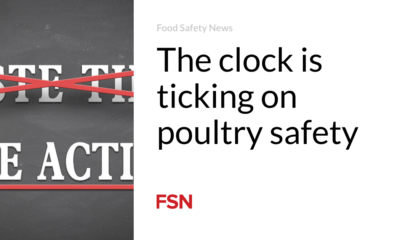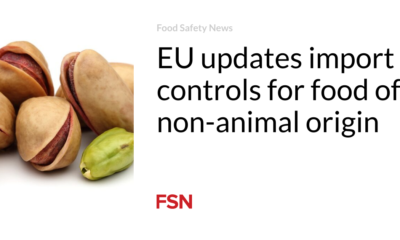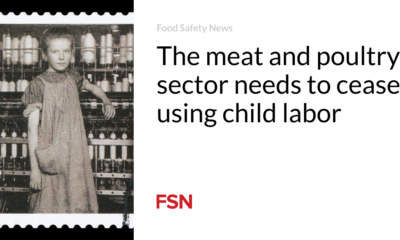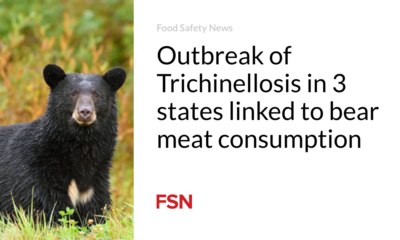Food
The EU notes significant improvements in Brazilian poultry meat controls
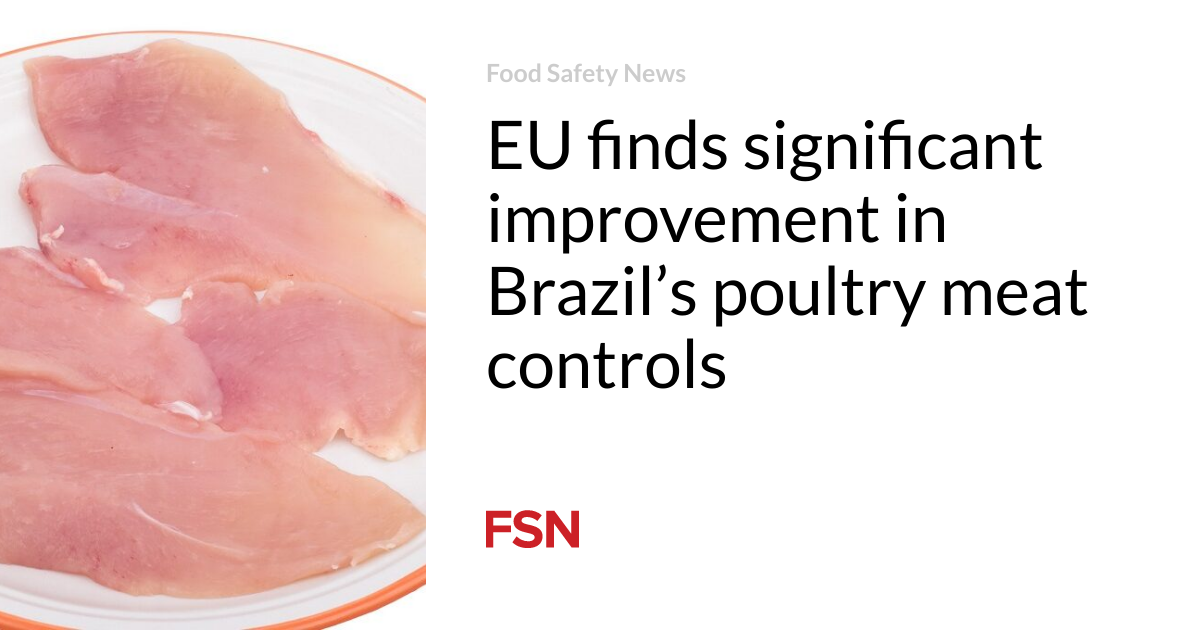
Brazil has made major progress in improving controls on poultry meat shipped to Europe, according to findings from a recent audit report.
The audit, carried out by DG Sante in October and November 2023, identified significant improvements that largely addressed the recommendations proposed following previous visits.
Poultry meat and public health audits took place in Brazil in 2017 and 2018, following the results of the police operation Carne Fraca, which revealed fraud and corruption in 21 beef and poultry processing plants in the country.
They revealed serious shortcomings that led the European Commission to impose measures, including delisting certain factories and suspending Brazil’s pre-listing of meat companies. Also, 100 percent pre-export microbiological checks were required for all shipments of poultry meat products sent to the EU.
There is an ongoing dispute at the World Trade Organization (WTO) between Brazil and the EU regarding certain poultry meat preparations and Salmonella.
Findings call for changes
In 2021, 487,000 tons of poultry meat and 371,000 tons of poultry meat preparations were exported to the EU. In 2022 this fell to 153,500 tonnes and 155,000 tonnes respectively.
British authorities have lifted stricter import controls on beef and poultry and restrictions on Brazil’s ability to list poultry and beef establishments for export to Britain in 2023 following findings from an audit by the Department for the Environment, Food and Rural Affairs ( Defra).
Following DG Sante’s last audit, the Ministry of Agriculture and Livestock (MAPA) has implemented major changes to the structure and functioning of agencies relevant to the scope of the audit. This involved the Department of Inspection of Products of Animal Origin (DIPOA), the Inspection Services of Animal Products (SIPOAs) and the Brazilian Federal Inspection Services (SIFs).
Auditors said the changes could ensure sufficient official staff are deployed in EU-approved slaughterhouses.
The audit team found that 10 of the 11 establishments visited were broadly compliant with EU requirements. Some non-conformities were noted, such as a lack of handwashing sinks in cutting rooms and installations that do not prevent contact between meat and different surfaces. Some deficiencies had been discovered by a DIPOA audit or a SIF inspection, but had not yet been corrected.
Areas that can be improved
One site had long-term maintenance issues that had not previously been identified by SIF or DIPOA. At the initiative of the company, an action plan was developed to solve the problems. Auditors were later told that the factory’s EU export certification had been suspended until the non-conformities were corrected.
Auditors identified some problems around post-mortem inspections, official controls on the cutting and deboning of poultry carcasses, and stunning equipment in slaughterhouses. Four recommendations have been made. Brazilian authorities said training will be organized and documents updated to address these issues.
At the farms visited, companies shared data on the prevalence of salmonella on their farms, ranging from 0.4 to 40 percent.
In 2021, almost 3,000 official samples of fresh poultry meat and products were taken at slaughterhouses. Salmonella was found in 13.85 percent of the samples. More than 3,000 samples were taken in 2022 and 13.87 percent were positive for Salmonella.
A decrease in the number of RASFF notifications due to microbial contamination was noted, from 318 cases in 2017 and 59 in 2018 to 15 in 2022 and 17 in 2023. If a shipment is rejected due to Salmonella, the plant’s export certification will be suspended until investigation has been completed. and corrective actions demonstrate the control of Salmonella on poultry farms and slaughterhouses.
In response to the recommendations of previous audits, new procedures are in place for dealing with shipments rejected at EU borders to prevent the products being re-exported to Europe. The audit team found that these were implemented appropriately.
(To sign up for a free subscription to Food Safety News, click here.)

